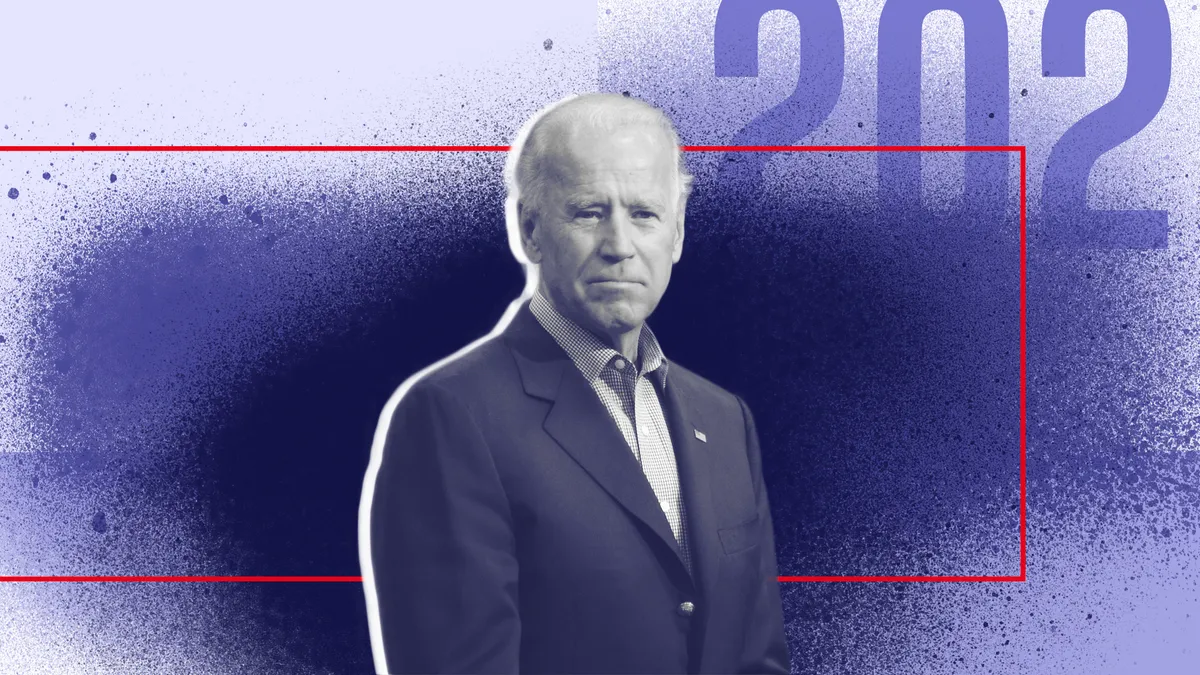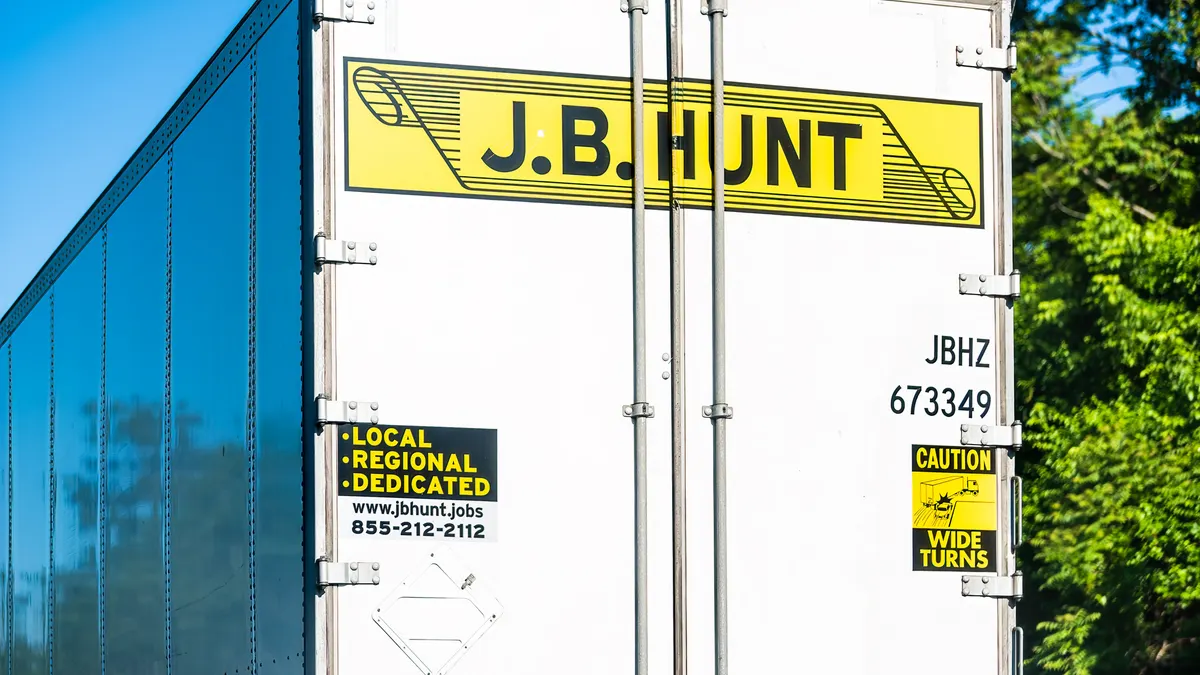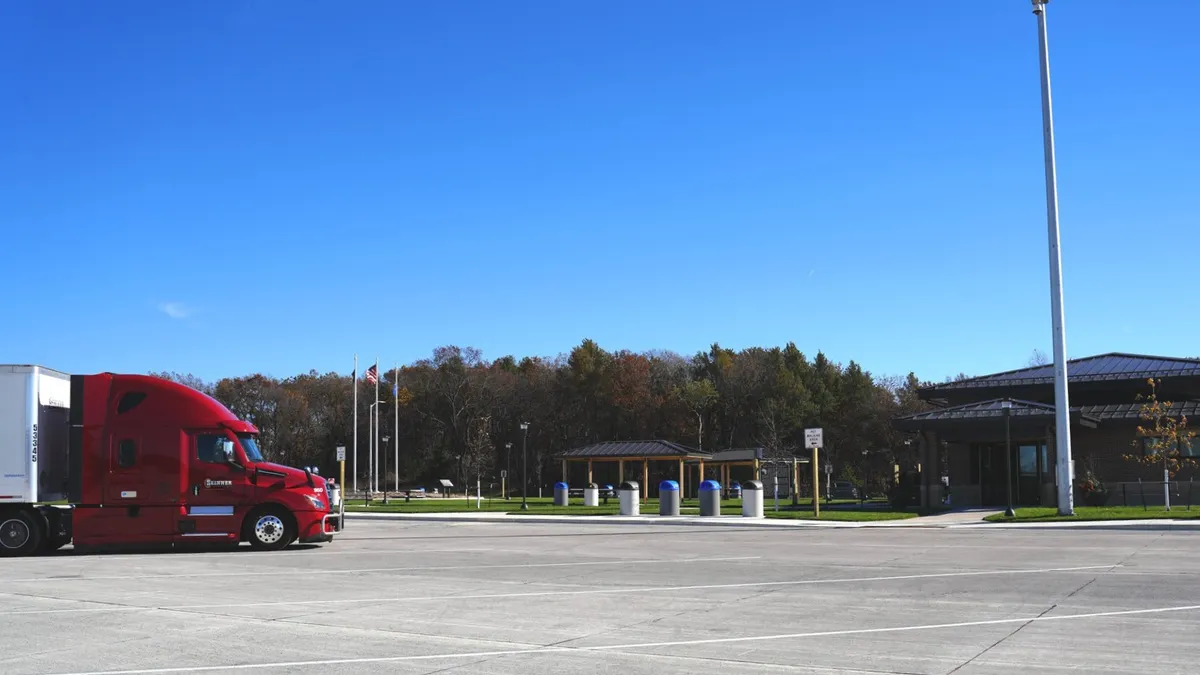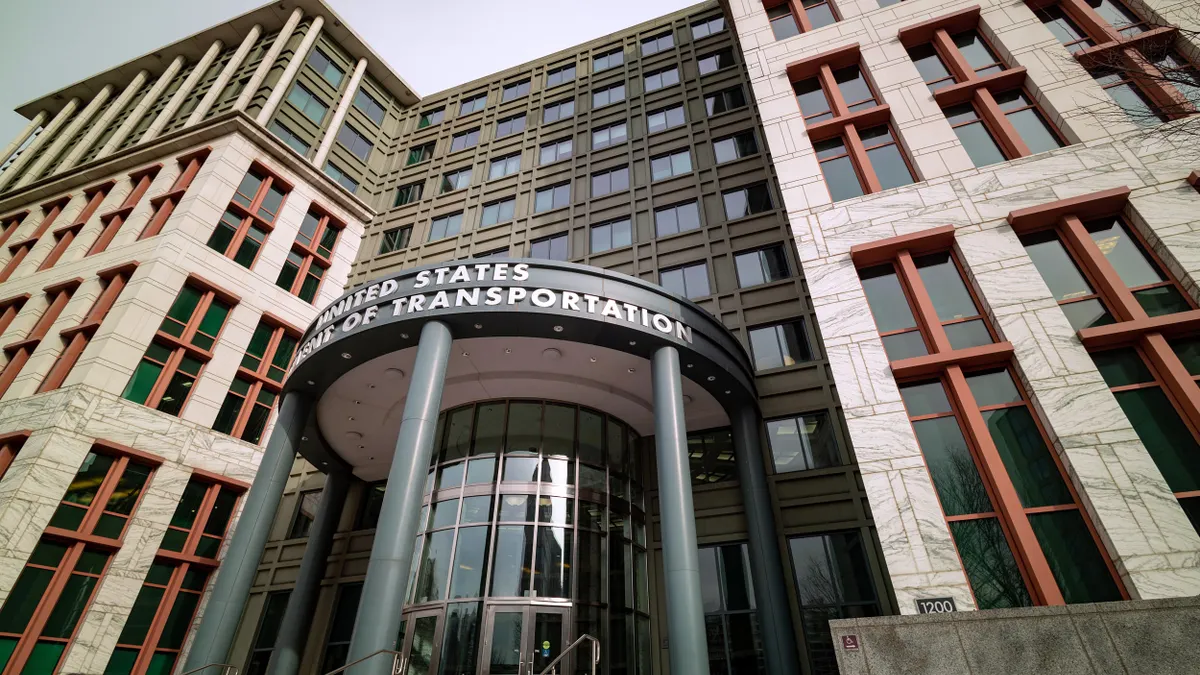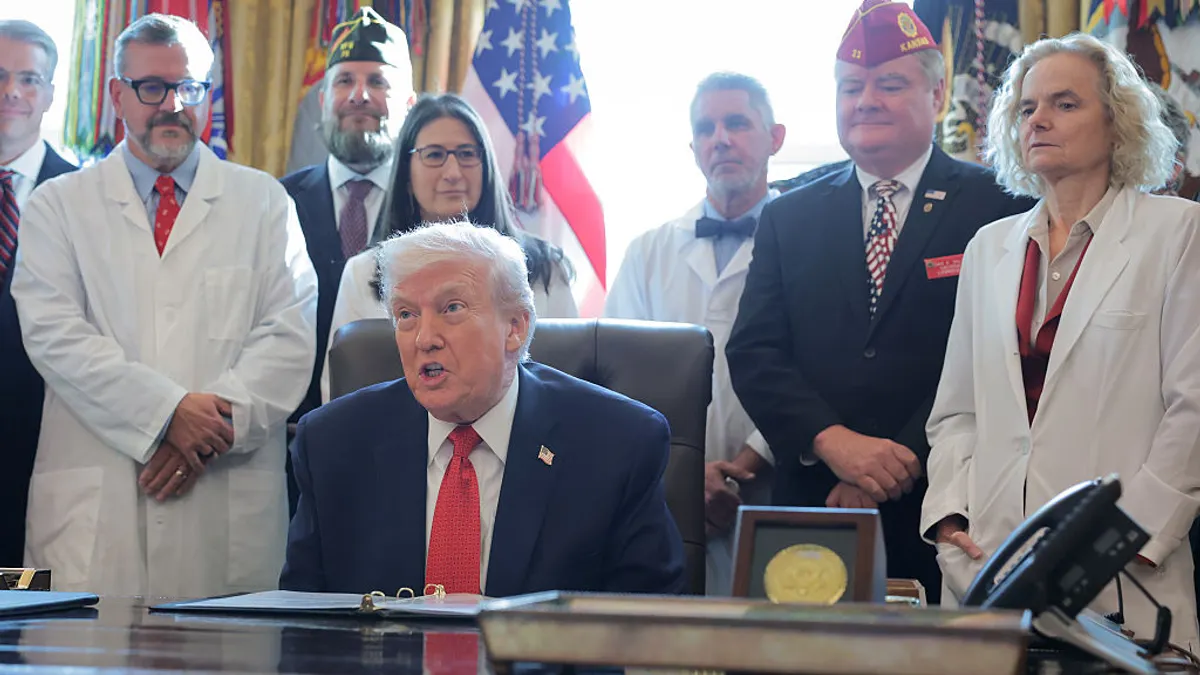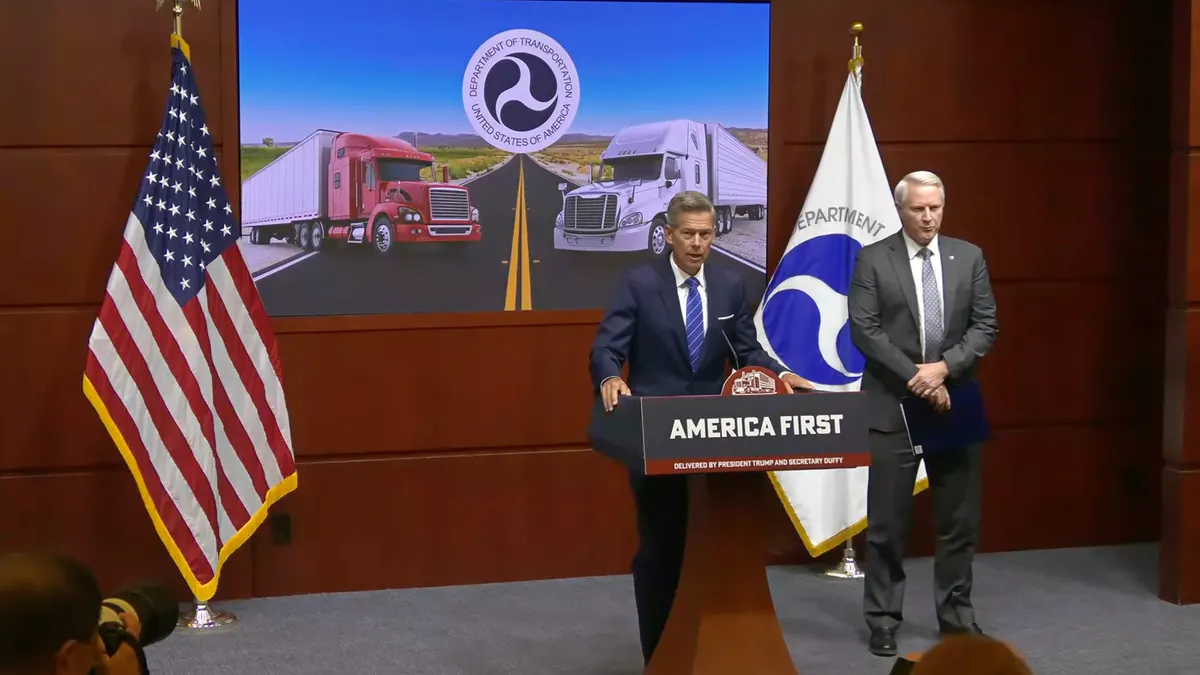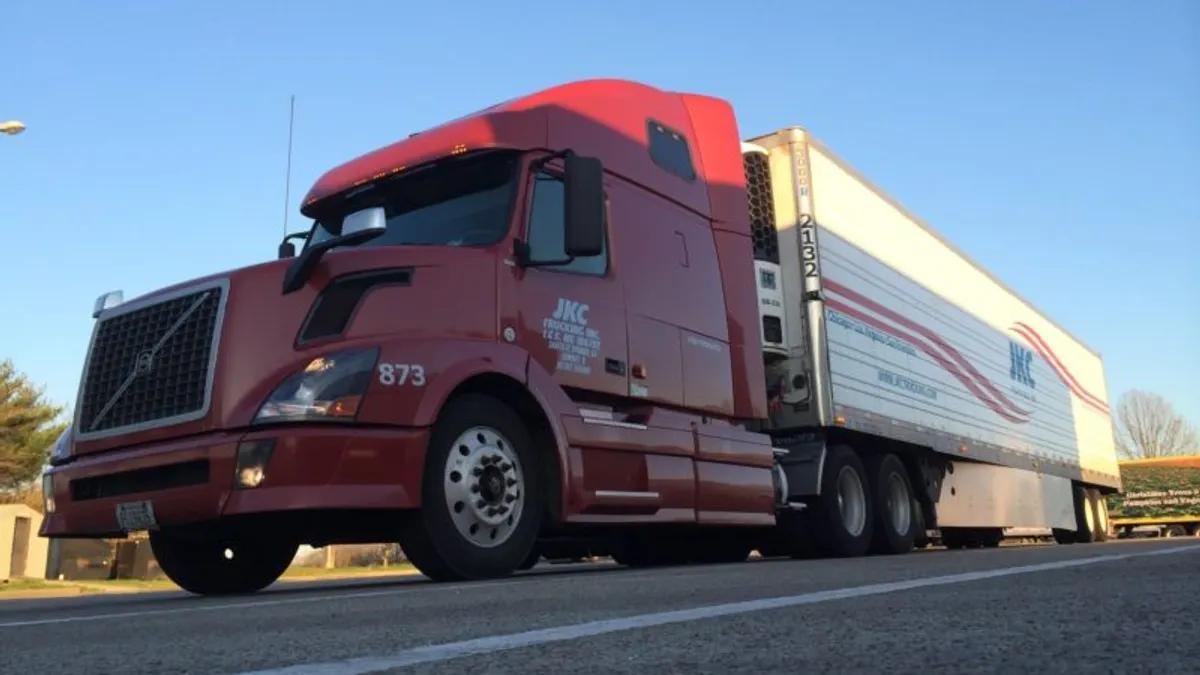As President-elect Joe-Biden's transition team reviews the Department of Transportation and prepares the incoming administration, one can't help wondering about the fate of trucking's regulatory bureau.
Rose McMurray, who retired from a 36-year career at DOT that included two stints as acting FMCSA administrator, told me via email that it'd be months until I'd learn who the permanent chief might be. "Sub-Cabinet potentials need to be vetted and key interest groups surveyed," she wrote.
The FMCSA has an acting administrator. It hasn't had a permanent one for more than a year. What difference does it make? After the last FMCSA Administrator, Ray Martinez, stepped down, the agency has at least appeared to continue rolling right along.
The HOS final rule still appeared in May. Emergency declarations continued to trigger HOS exemptions. Efforts to collect public comments on brokers, drivers under the age of 21 and additional HOS changes forged ahead — even as the agency changed acting administrators, from Jim Mullen to Wiley Deck.
But having a permanent FMCSA leader is the ideal scenario. It gives the staff a more solid foundation, and a non-acting administrator can shape the agency's focus and the regulatory landscape for trucking firms.
A day-to-day difference?
Whether there's a permanent administrator may not really matter in terms of the day-to-day goings on at the agency, according to Tom Yager, who was at the FMCSA for 15 years leading the driver and carrier operations division and now heads up his own consultancy.
But it does matter in the way that having transient leadership at any business does. If employees know a boss is only temporary, they may not pay that person much mind.
"I'd say a permanent appointee is much better. They know they're hopefully going to be there a while. They have a little more standing in dealing with everyone and other agencies and so on," Yager told me over the phone.
"I'd say a permanent appointee is much better. They know they're hopefully going to be there a while."

Tom Yager
Former Chief of the FMCSA Driver and Carrier Operations Division and current CEO of Yager Transportation Consulting
During his time at the agency, Yager worked with some "very good" appointees, he said; a permanent administrator can "get right down into the nuts and bolts of the agency." This was particularly important when HOS was in and out of court — which the FMCSA is dealing with once again.
Ultimately, the impact a top official, acting or not, has on the FMCSA or DOT depends on the person, Yager said. Safety continues to headline policy agendas year after year, and that will almost certainly continue to be the main pursuit. But if a chief has a particular interest in some area, that can influence where the focus is.
Yager offered Ray LaHood as an example. When LaHood was DOT secretary from 2009 to 2013, his personal concern for distracted driving trickled down into the agencies within the department.
It's too early to know what the incoming chief's personal interests are, but the trucking industry has started to speculate who might fill the role and what policies may receive the most resources the quickest.
Policy possibilities
When speculating, the first thing one might do is take a cue from history.
"In general, Democratic regimes are sensitive to establishing safety rules that affect the driver and labor protections to guard against industry abuses," McMurray said, adding that the two major parties agree it's important to protect drivers and the public without hindering the industry.
Yager agreed that labor protections would likely be on the table. He focused on some worker areas during his time at the agency (Yager is an HOS expert), including how drivers are hired and their medical requirements. Though, he noted, the FMCSA has no jurisdiction over wages.
"I believe FMCSA will have a full plate of projects that were placed on the back burner the past 4 years."

Rose McMurray
Former FMCSA Acting Administrator and current Chief Transportation Advisor at FDRsafety
The FMCSA might hit the rewind button and press play on projects that were cooking under the Obama administration.
"I believe FMCSA will have a full plate of projects that were placed on the back burner the past 4 years," McMurray wrote. The rule on sleep-disorder testing, underride protection, and speed-limiting equipment are likely to resurface, she said.
On the subject of speculation: Who might become DOT secretary and FMCSA administrator? Neither McMurray nor Yager volunteered to break out their crystal balls. At this early point, it's difficult to guess.
Politico and others, though, wasted no time naming possible candidates for DOT secretary:
- Los Angeles Mayor Eric Garcetti.
- Oregon Rep. Earl Blumenauer.
- Former Deputy DOT Secretary John Porcari.
- Former Chicago Mayor Rahm Emanuel.
Yager said Garcetti is an attractive pick because of his work on infrastructure. McMurray said Garcetti might bring an urban perspective to the DOT, a department that often has to balance spending on bicyclists and pedestrians with road construction. If he can find the balance, he could be a favorite, McMurray said.
McMurray flagged that a Republican pick might be strategic for a Biden Cabinet. Infrastructure is a bipartisan issue — how to fund it is more divisive, she said. A Republican could help secure votes.
"A person with Congressional and Executive experience would be ideal but I do not know if they would be interested," McMurray said — a sentiment Yager echoed. Top transportation spots are not always enviable.
Yager said the department is subject to micromanaging, depending on the administration. That can be frustrating down at the administrator level, when every small decision has to be run by a host of higher-ups, he said. Sometimes, qualified people just don't want the job.
A boss sooner, rather than later
The job of DOT chief may not be appealing, but appointing leadership at the department and FMCSA early on is important. It's in the first few months of a new administration that executive orders are issued and other policies are typically announced, McMurray said.
In early 2009, the FMCSA had to address a variety of pending issues, particularly around whether to allow domiciled trucks from Mexico to enter the U.S. based on North American Free Trade Agreement accord provisions. It a politicized issue, with Congress, the trucking industry, labor groups the new White House team, safety groups and others having vested interests.
"A person with Congressional and Executive experience would be ideal but I do not know if they would be interested."

Rose McMurray
Former FMCSA Acting Administrator and current Chief Transportation Advisor at FDRsafety
In instances such as this, McMurray said, the new administration must rely on career staff to handle the issue and provide it with options. This is a test of trust.
"Career staff are anxious to follow new direction and are capable of explaining how the Agency’s operations and policies evolved without clinging to the past," McMurray said.

